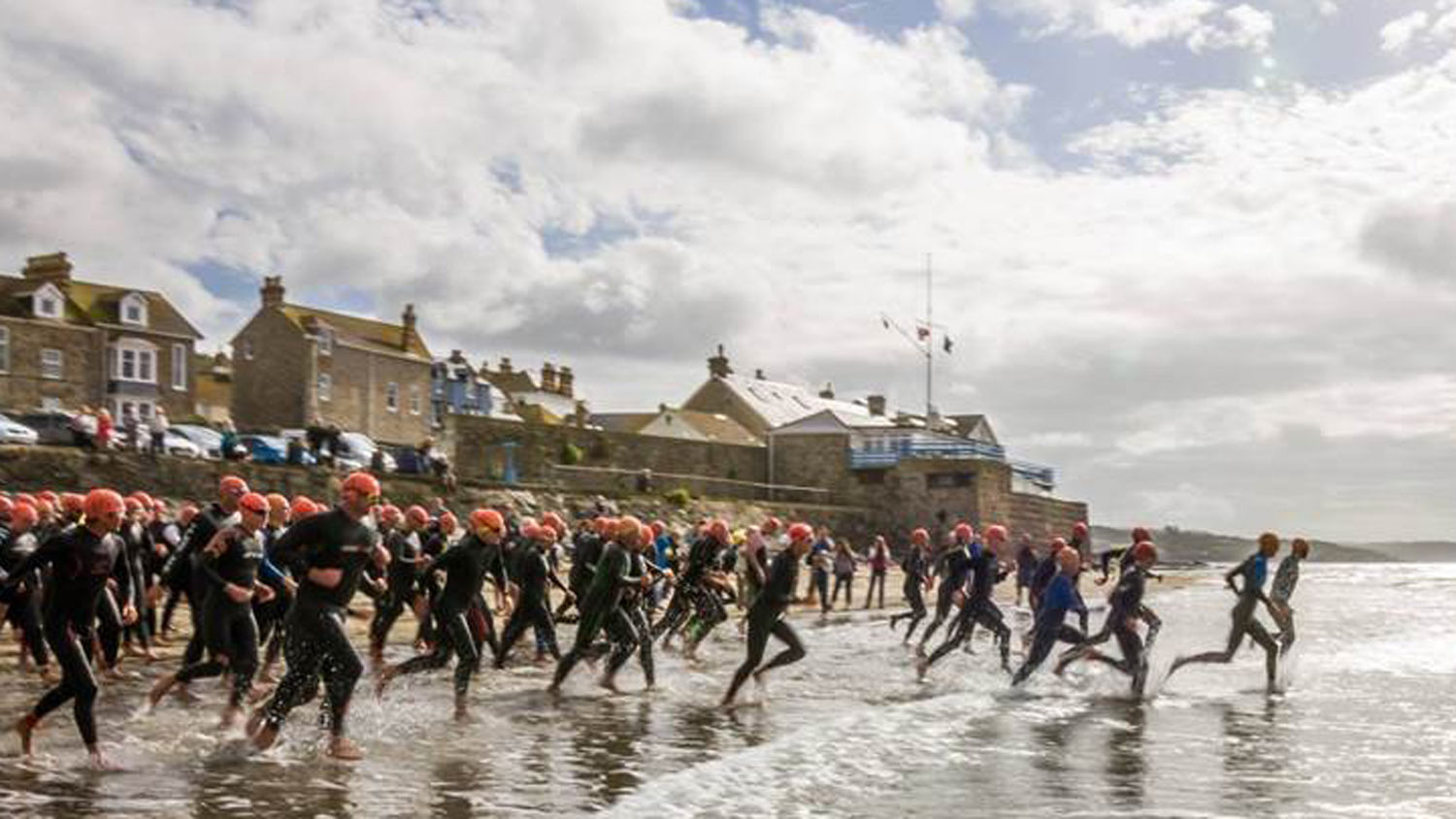How to enjoy the open water safely:
When you’re ready to try the open water, follow these tips from Nick Fecher, Water Safety Delivery Support at the RNLI: ‘It’s important to remember that things can go wrong in the water at any time of year. Average Irish and UK sea temperatures are just 12°C and rivers are colder – even in the summer. If you’re going in during the colder months or for extended periods, wear a wetsuit of appropriate thickness.
Gareth Morrison, Head of Water Safety at the RNLI, adds: ‘Always swim under close supervision, like a lifeguarded beach between the red and yellow flags – or at least with a group of regular sea swimmers. Tell someone on land where you’re going and what you are doing. Always swim with a tow float, a bright swimming cap, suitable swim wear, your mobile phone in a waterproof pouch, and make sure you acclimatise to cold water slowly as this will reduce the risk of cold water shock. Always swim parallel to the shore and if you feel cold and start to shiver, get out of the water and warm yourself up’.
If you’re at the coast and there’s an emergency, call 999 and ask for the coastguard. If you’re inland, call the relevant emergency service.
RNLI top safety tips:
Never swim alone. The safest way to wild swim is at an Open Water swimming site, with a club or between the red and yellow flags on a lifeguarded beach. If you can’t get to a lifeguarded beach, learn more about your chosen location and check hazard signage by finding an organised swim group in your local community.
Acclimatise to cold water slowly and enter gradually to reduce the risk of cold water shock.
Check weather and tide times before you go, avoid swimming in dangerous conditions.
Take a means for calling for help in a waterproof phone pouch and have this on you at all times.
Wear a brightly coloured hat plus a tow float for increased visibility.
Always swim parallel to the shore and not straight out. Cold water, waves and currents can tire you out quickly and make it harder to return to shore.
Never swim under the influence of alcohol.
Be prepared, Always be seen , Acclimatise slowly , Stay within your depths , Float to live Call 999 or 112 for the Coastguard in an emergency.
For more water safety information please visit RNLI.Org/Safety.

